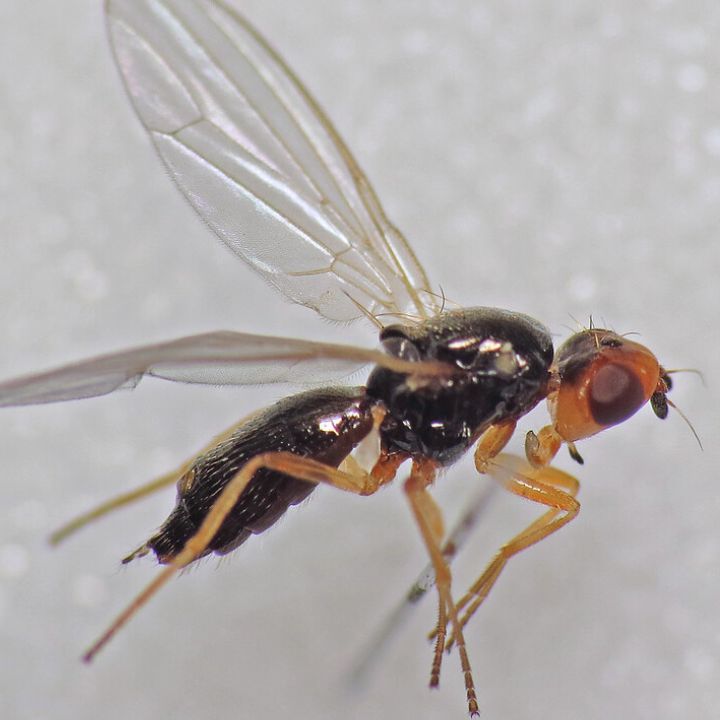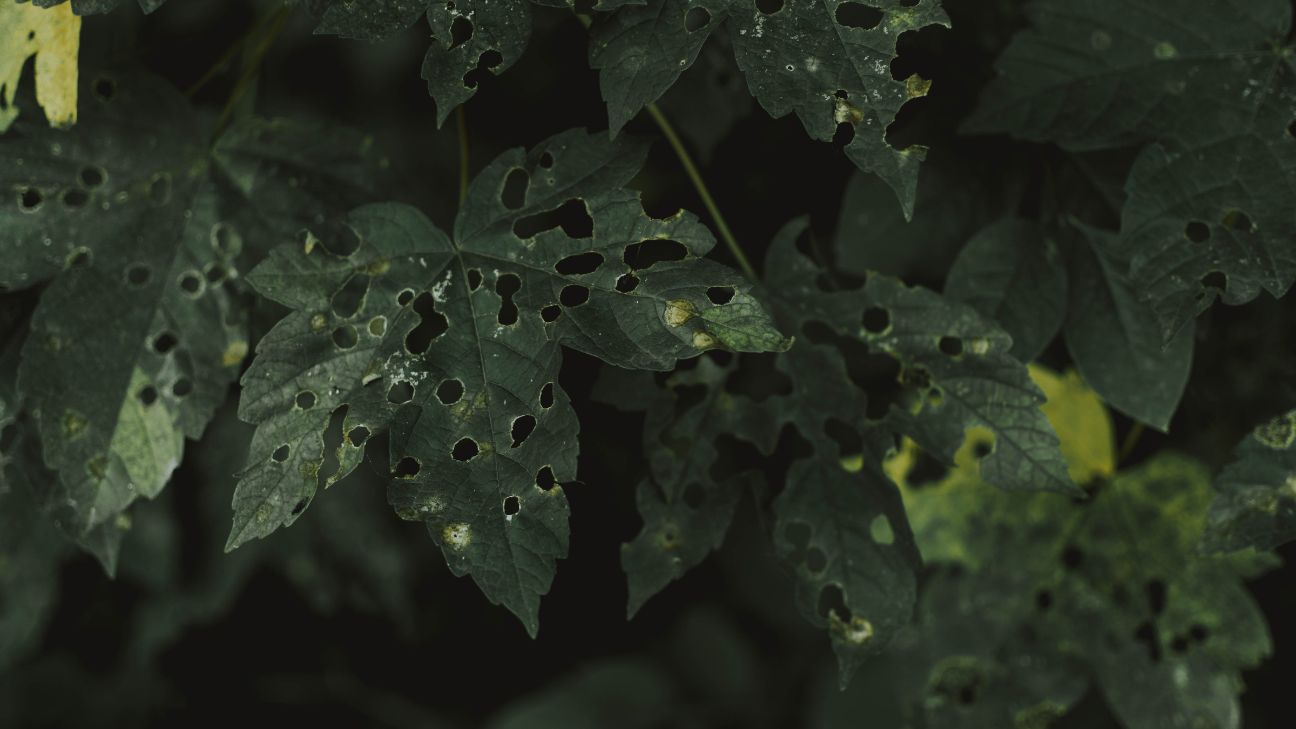How to Handle Unwanted Garden Pests
Do it Yourself Pest Control
You’ve planted your garden, now turn your attention to garden pest control. With as much work, time, and love we put into our garden, it can be pretty frustrating to find pests settling into the garden and damaging the plants we’ve raised so carefully. While broad spectrum commercial pesticides are very effective, some of them contain chemicals that aren’t ideal for the environment. This is especially important to keep in mind for vegetable and fruit gardens – we don’t want to take risks with toxic substances around our produce.
Here, we’ll go over methods that target specific pests that you might be dealing with. A big advantage to targeting specific pests is that beneficial wildlife like pollinating bees and butterflies remain unharmed. Take a look at these easy garden pest control methods, most of which require a few household items that you probably already have!
Slugs & Snails
These guys might seem harmless, but they’ll dine on your herbs, fruit, and vegetables through the night. Since they are nocturnal, the easiest way to gather and get rid of these pests is with a trap. If slugs are the problem, fill the trap halfway with beer – this works! Citrus peel and melon slices work well to attract snails.
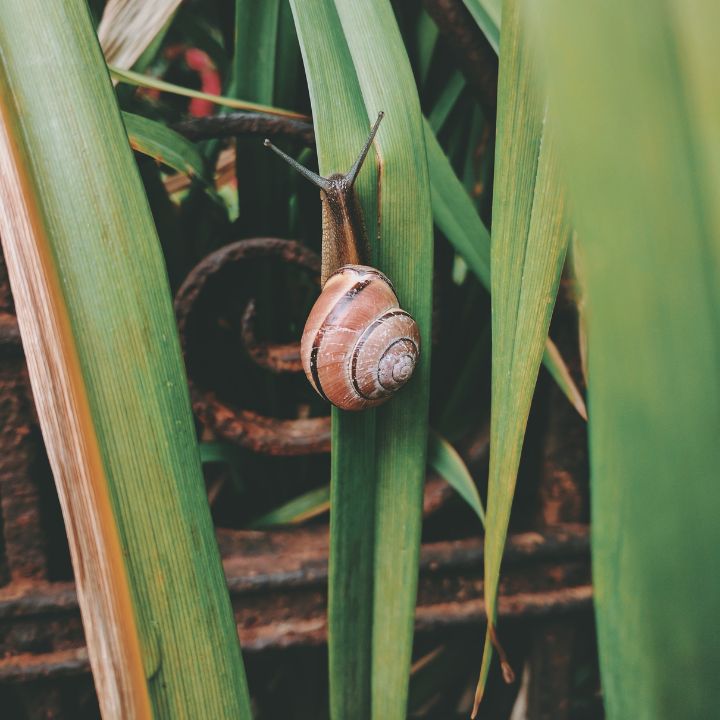
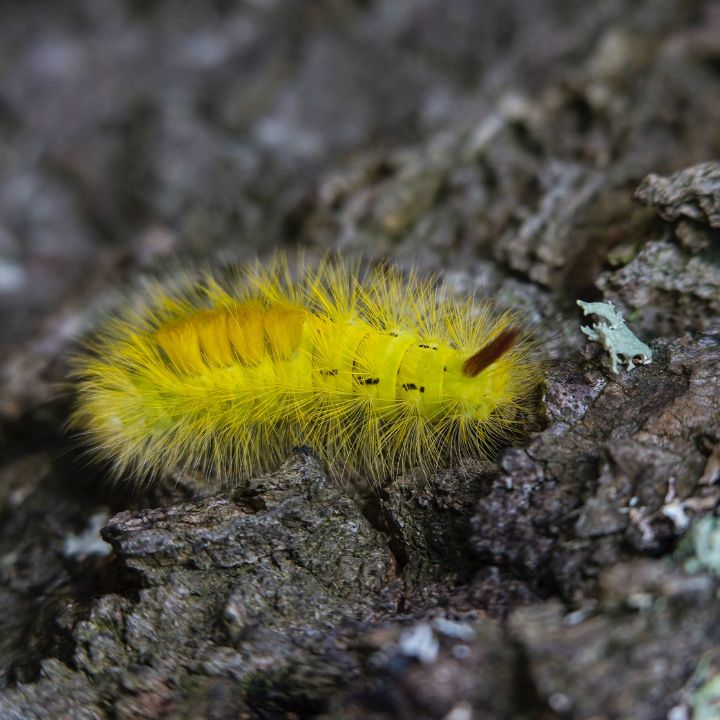
Caterpillars
While butterflies are gorgeous and make great pollinators, they can be pretty destructive during their caterpillar stage. They love to munch on vegetable gardens, and even tree leaves. The quickest way to get rid of caterpillars is to just remove them by hand. Make sure to wear some gloves to pluck them off your plants, then you can put them in a box and relocate them to a wooded area.
There are also sprays available with Bacillus thuringiensis, a bacteria that is safe for people and pets, but toxic to caterpillars. Make sure to check that the spray you choose doesn’t harm beneficial insects or birds.
Sawflies
While you can manually remove pesky sawflies and their larvae, it can be easier to spray them with a homemade deterrent. Mix 4 tablespoons of organic soap with one gallon of water, then spray the area thoroughly. After a few hours, you can give the plants a good watering to wash the soap off. A sprinkling of diatomaceous earth around the garden plants is a great way to keep these pests – and others – from returning.
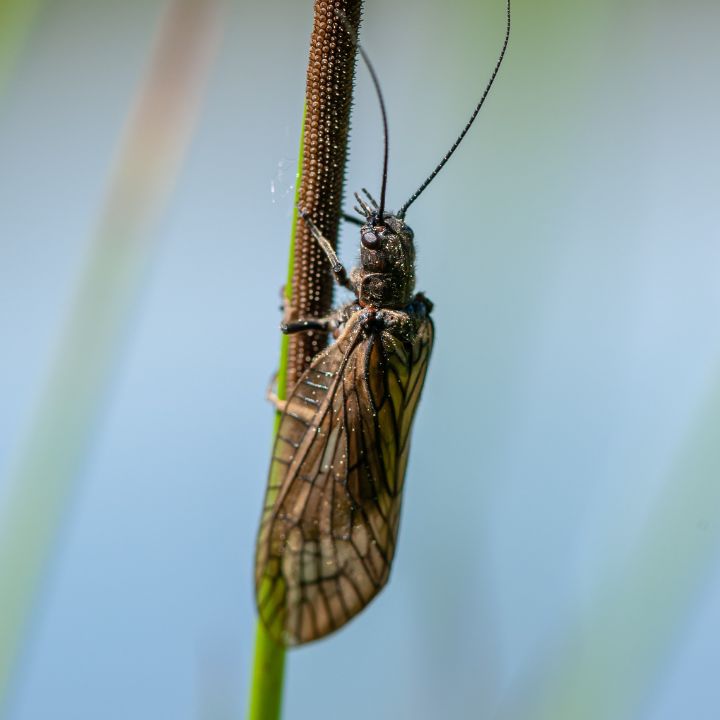
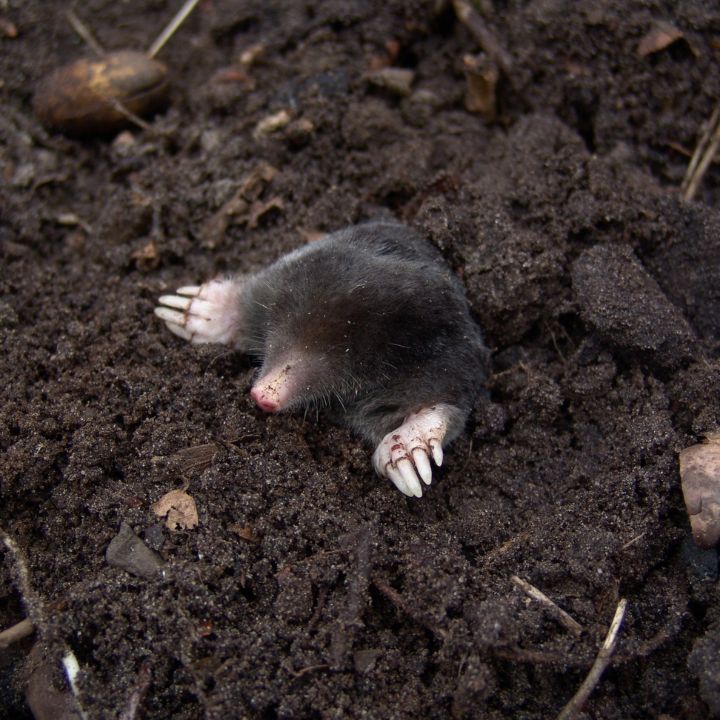
Moles
They might not dine on your garden plants, but these burrowing creatures can still be pretty destructive. Moles are very sensitive to smells, giving us several options to use as repellant. You can try sprinkling coffee grounds or powdered red pepper all around your garden. For some ornamental repellants, you could plant some marigold and daffodils if they do well in your zone. Daffodil bulbs are toxic, while marigolds are very aromatic.
Mice & Rats
Anyone that has had to deal with rodents can attest that they are an absolute nightmare. They eat everything, spread disease, and procreate incredibly fast. Luckily, they are repelled by herbs like mint, basil, and thyme. These would make a great protective border around the garden, plus you’ll get fresh herbs out of the deal! Alternatively, you can soak cotton balls in peppermint oil and place them in strategic places around the garden.
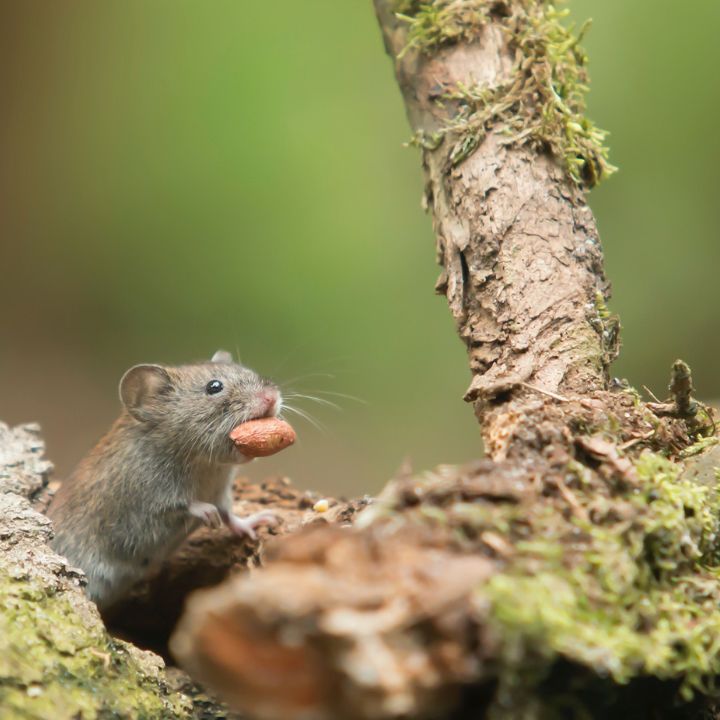
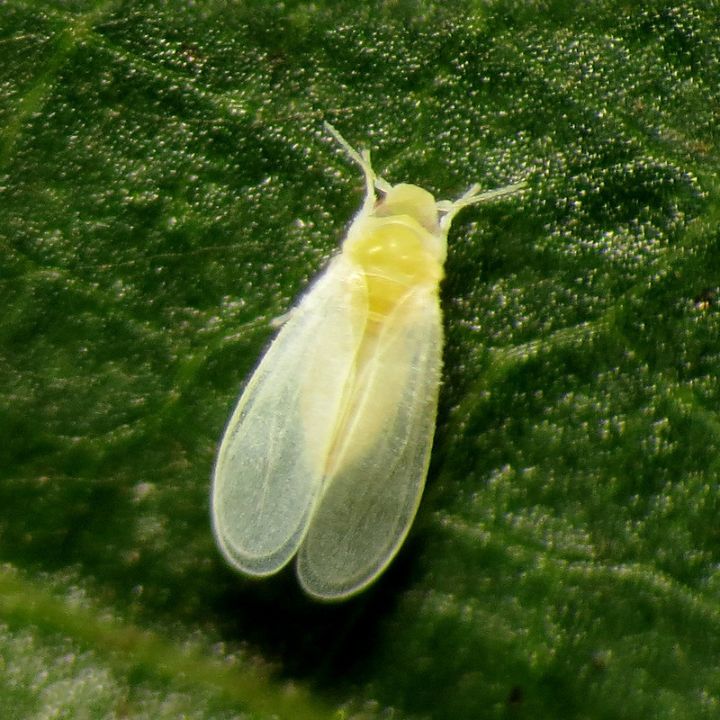
Whitefly
Similar to aphids, these pests feed on plants, only to leave behind a sticky substance that promotes fungal diseases. Whiteflies can cause this much damage in just a few days, so it’s important to address them quickly. The quickest way to remove them is to spray the plants with your garden hose, making sure to get the undersides of the leaves.
To make sure they are eradicated, spray the plants with a castile soap mixture. Combine one tablespoon of castile soap with one gallon of water and thoroughly spray the plants, including undersides of leaves. Do this a couple of times a week until you’re sure the whiteflies are gone.
Carrot Fly
As the name suggests, these pests are known to munch on plants in the carrot family like celery, parsnips, and celeriac. Not that they are picky – you can find carrot flies on a variety of different garden plants. These are a bit more challenging to control because they lay eggs in the soil, and mature whiteflies burrow into root systems to eat. The good thing is, whiteflies are repelled by the scent of alliums like onion, garlic, chives, and shallots. Grown strategically in the garden, these alliums will act as a natural repellent.
